You are Now Leaving the Ordinary World
If you have read even just the first part of a blog post on the Hero’s Journey, you know the hero starts off in the Ordinary World before embarking on their epic adventure. But the Ordinary World is more than a boring place the hero is itching to leave.
According to Christopher Vogler in his book The Writer’s Journey, there’s a lot of that needs to be included in the Ordinary World section of the story. The writer must establish an interesting and sympathetic main character, set the mood and expectations, establish what’s at stake, and squeeze in backstory (using graceful exposition) and theme.
That’s a lot to unpack, but we somehow manage in this podcast episode! There are many, many more subheadings in this very loooong chapter, but as we point out, most don’t need to be there.
Read More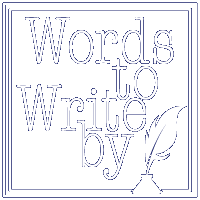
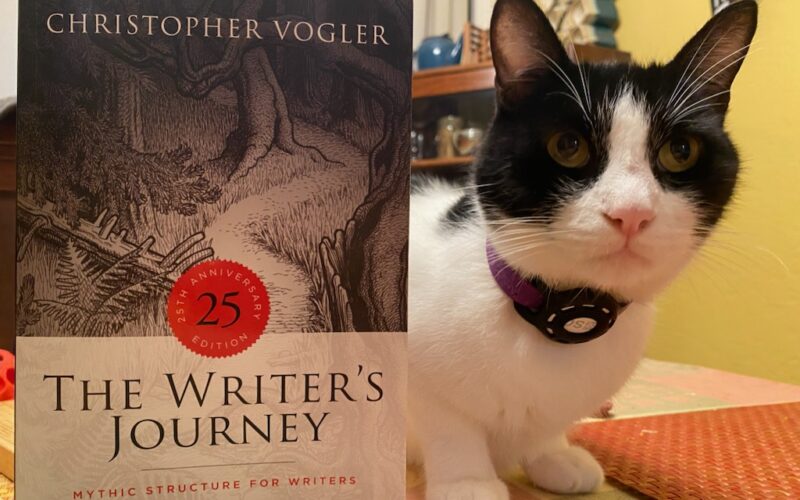
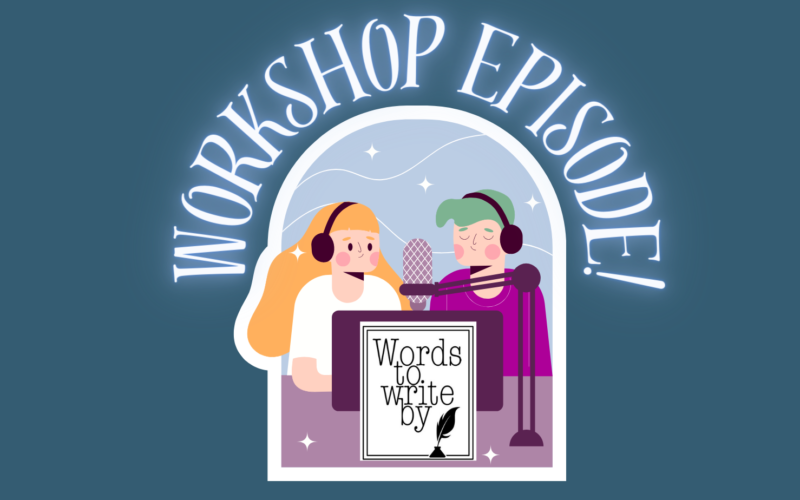
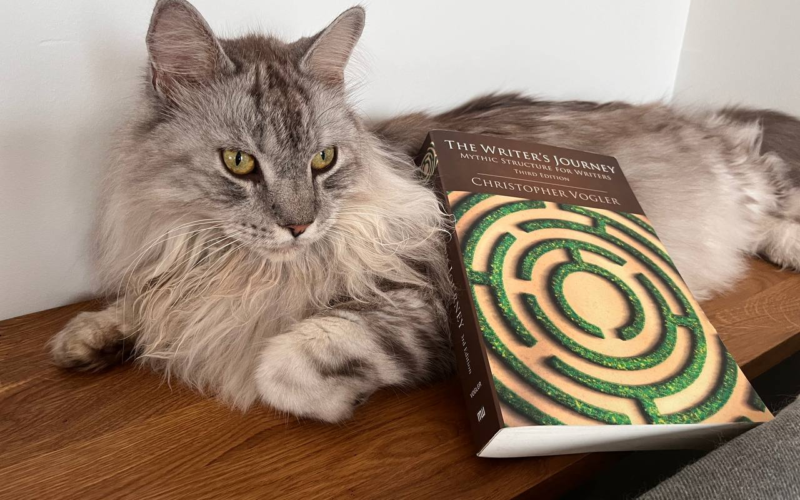
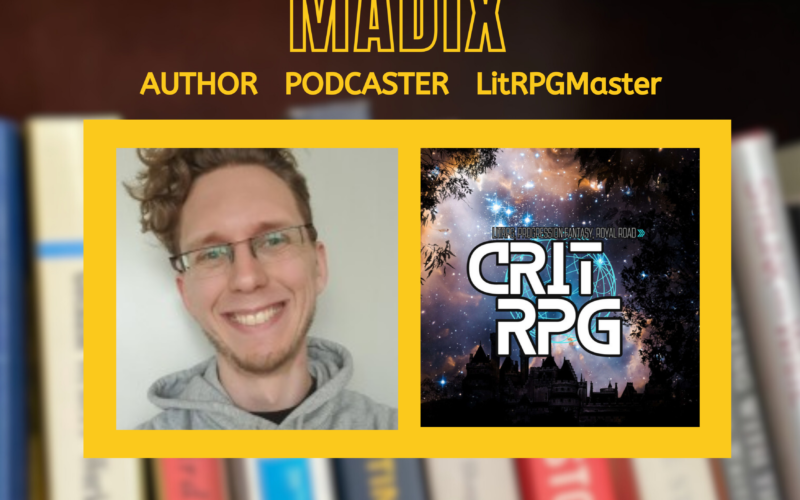
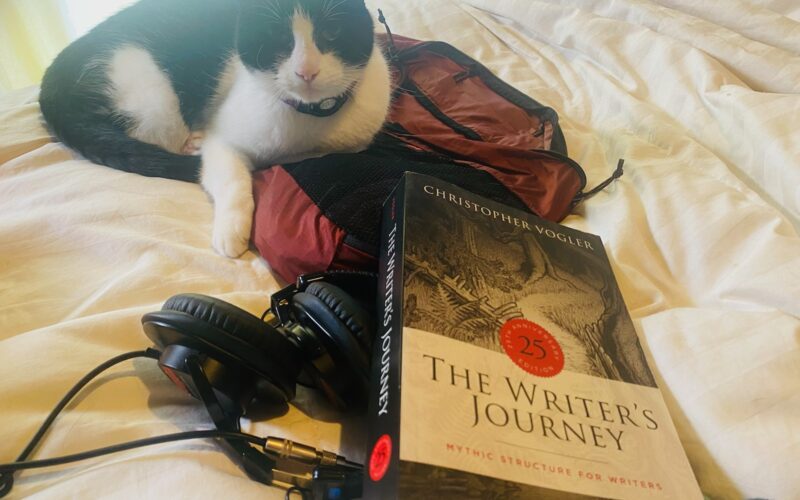
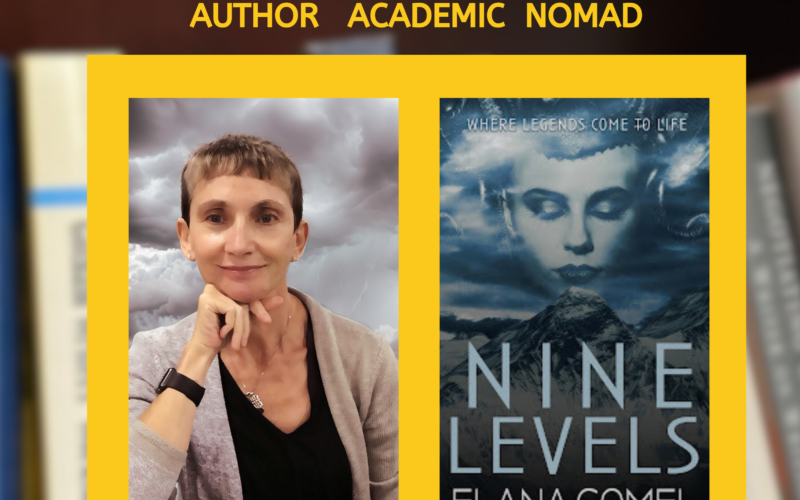
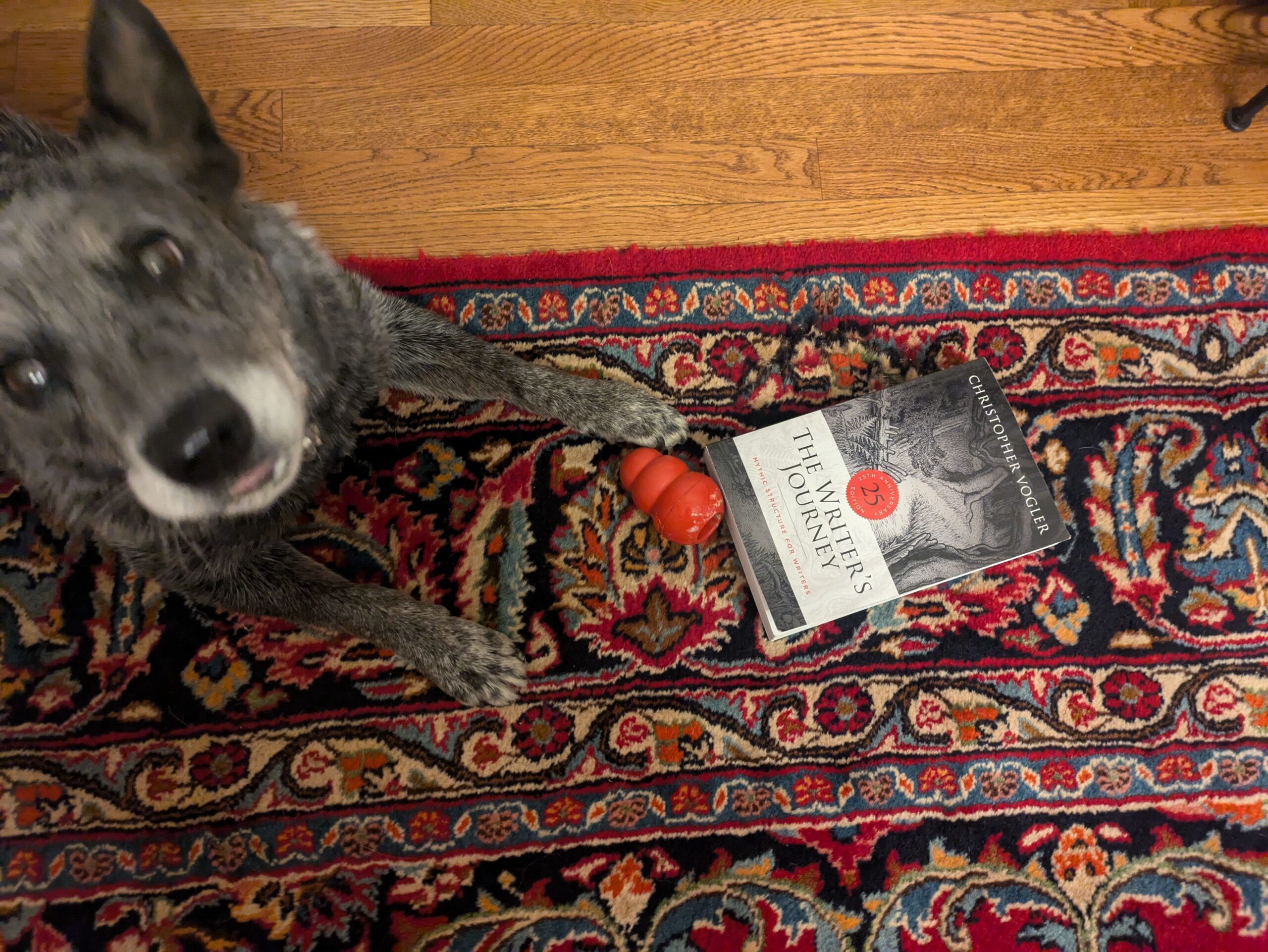
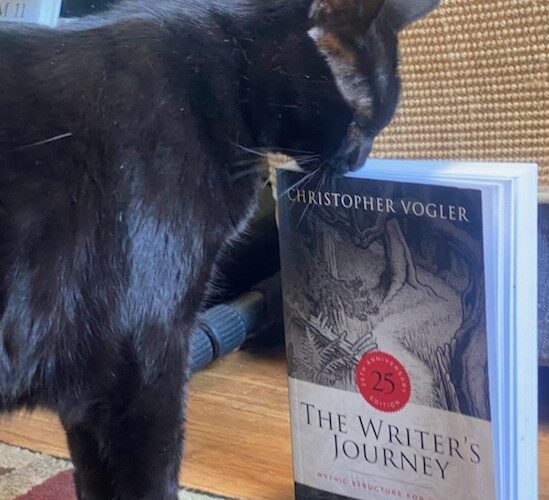
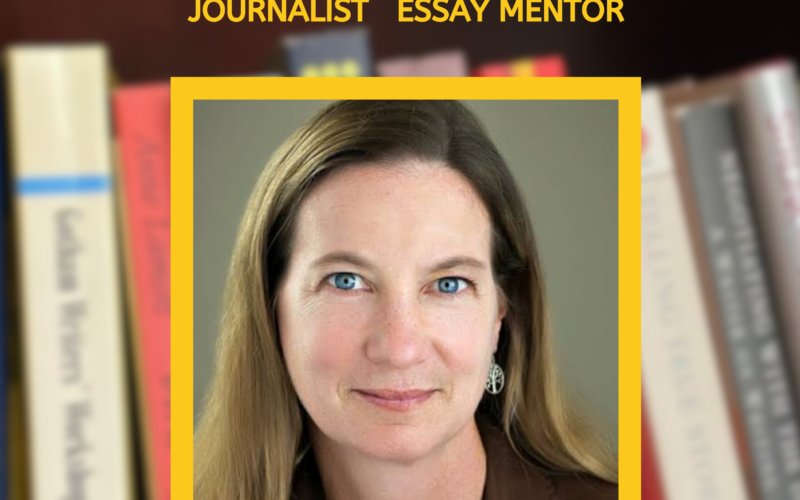
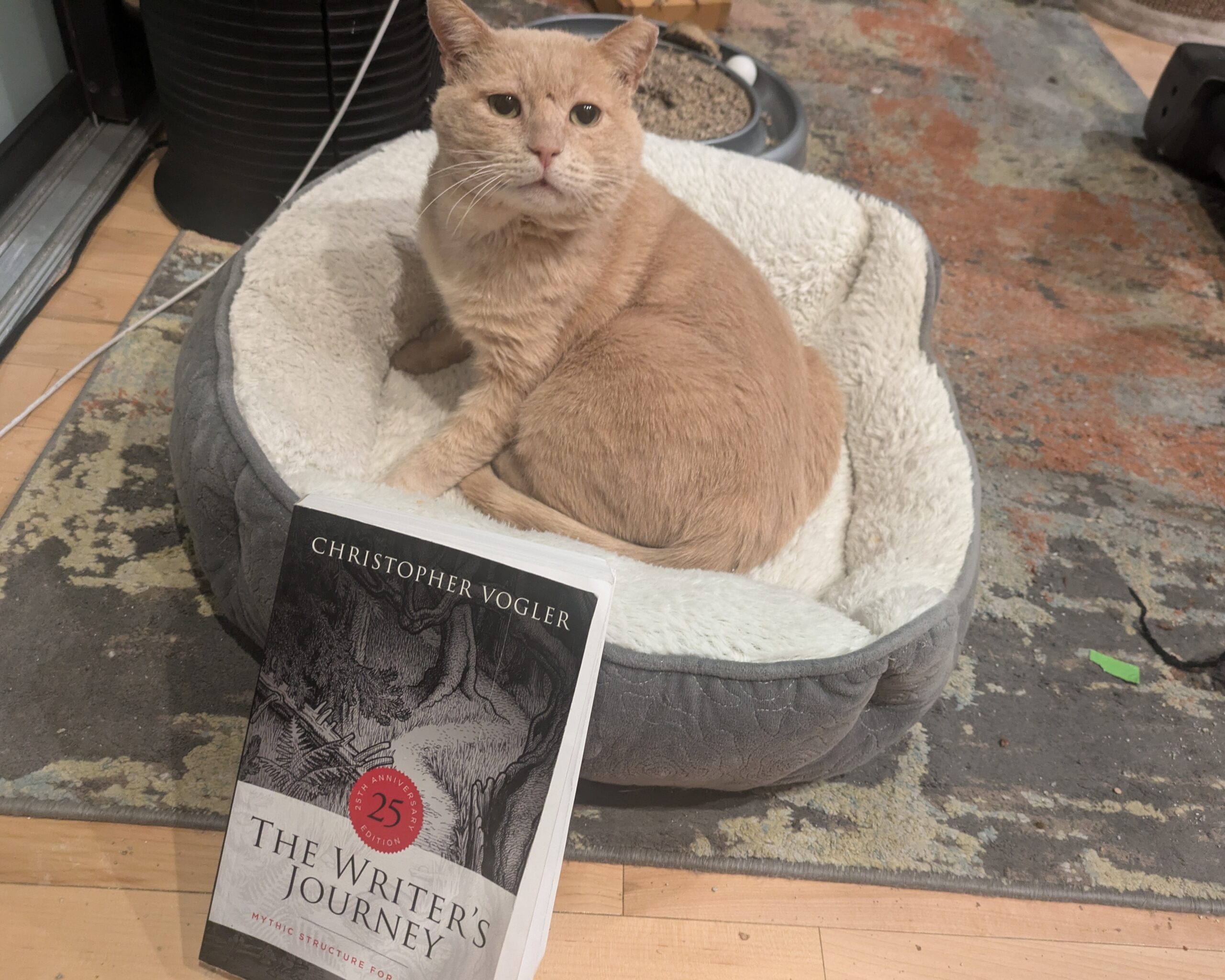
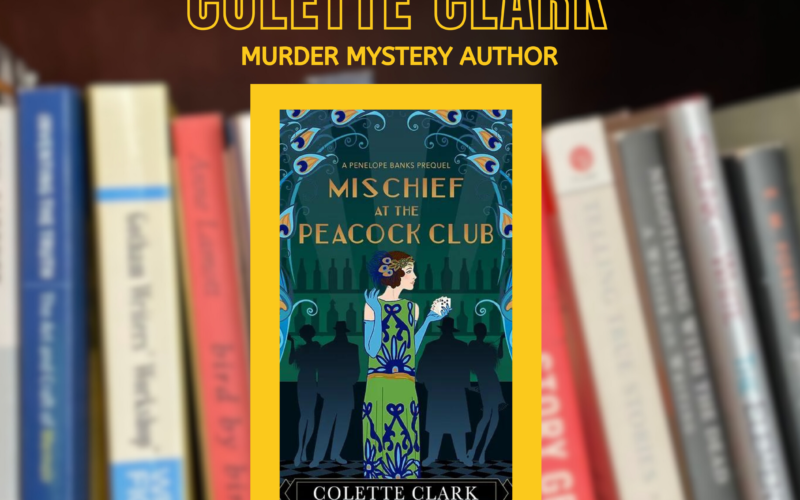
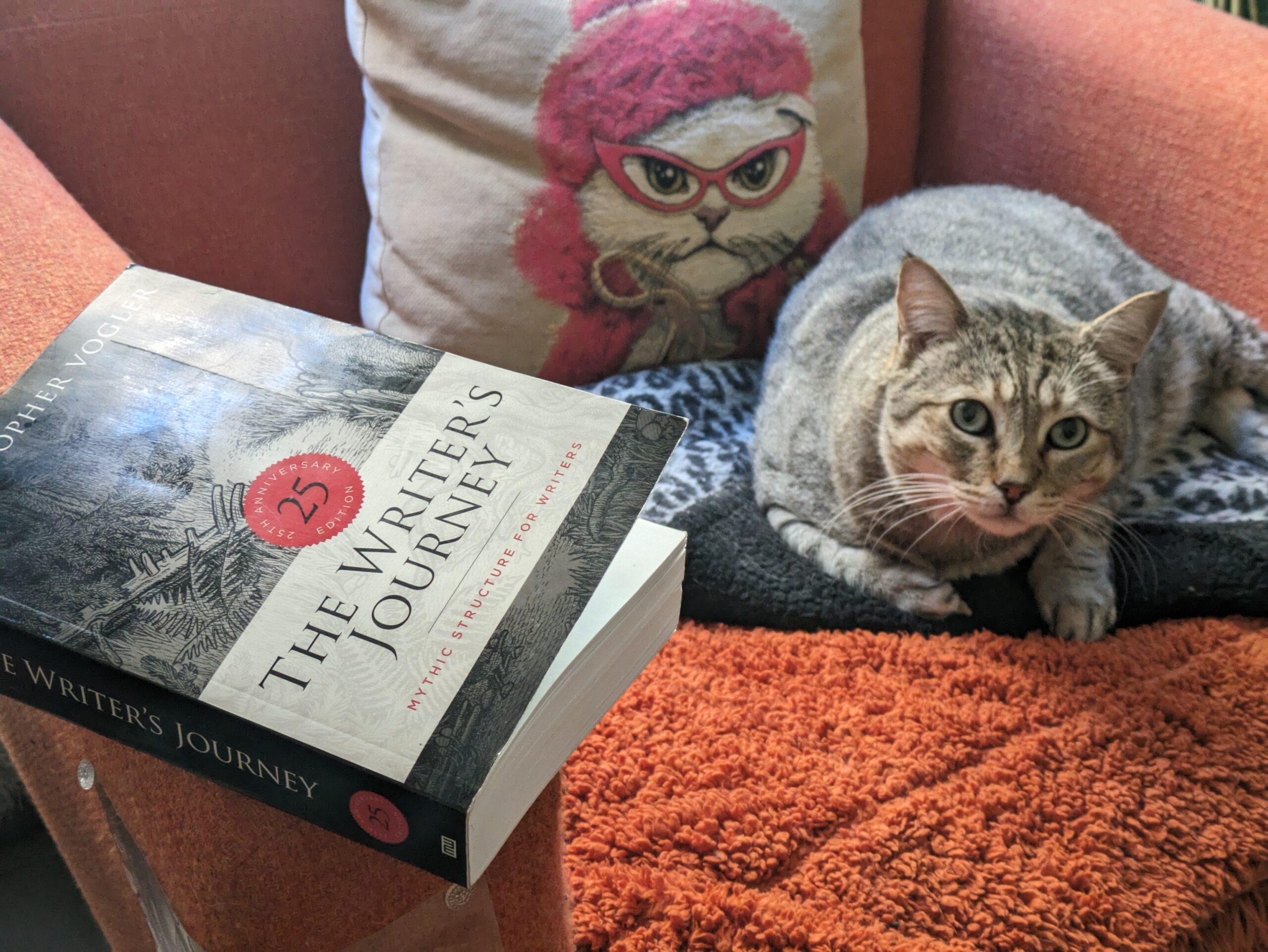
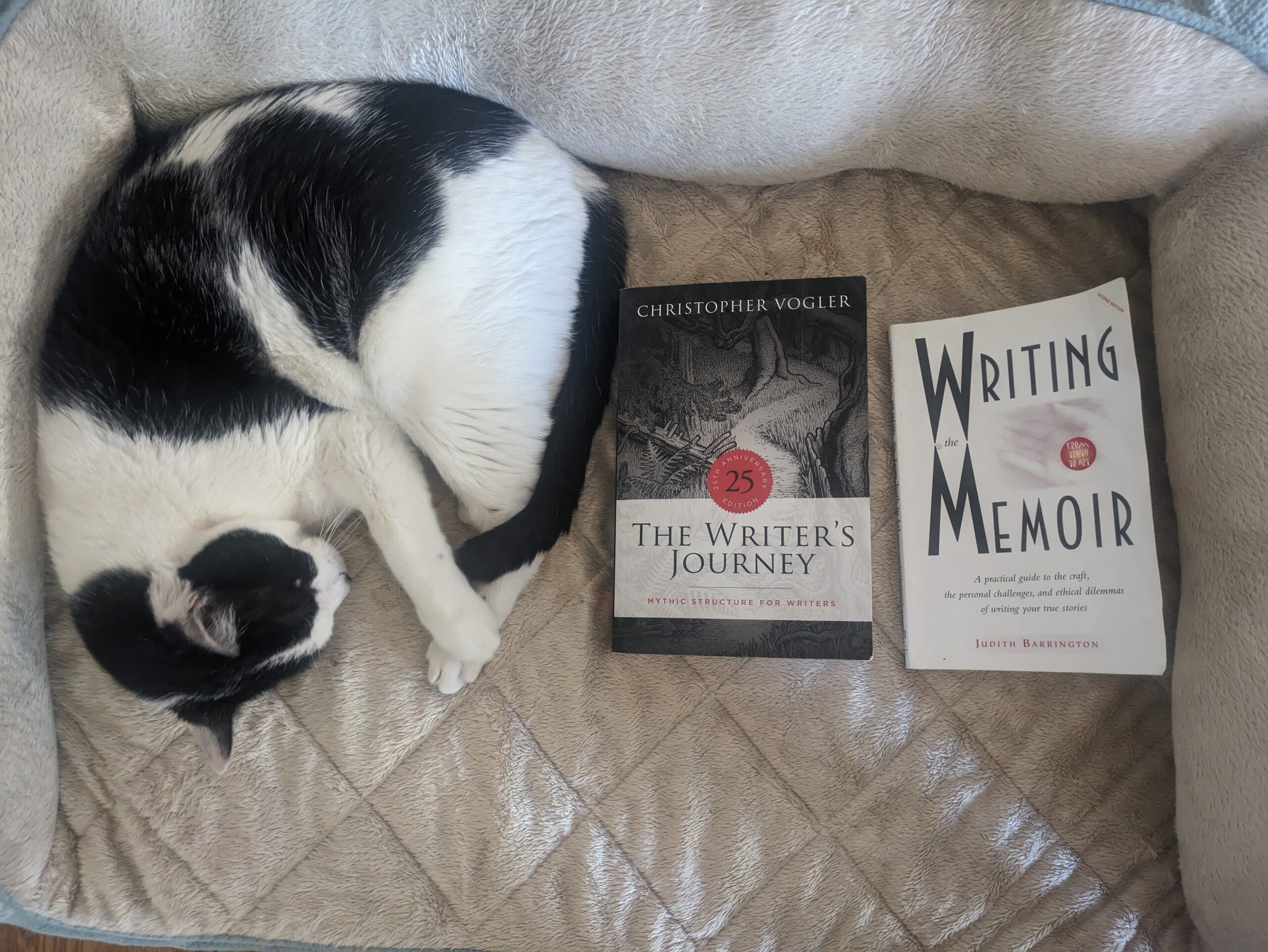
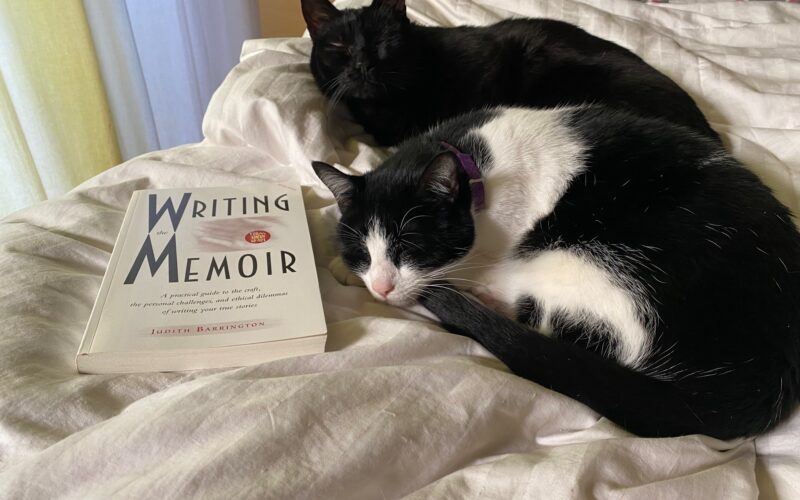
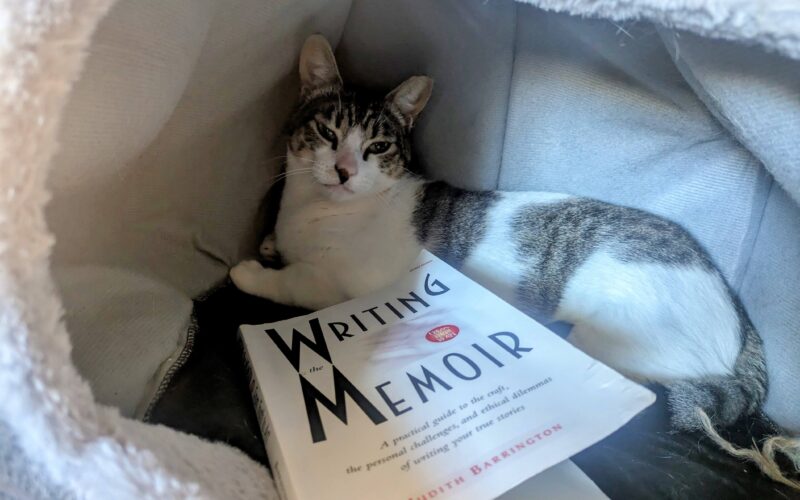

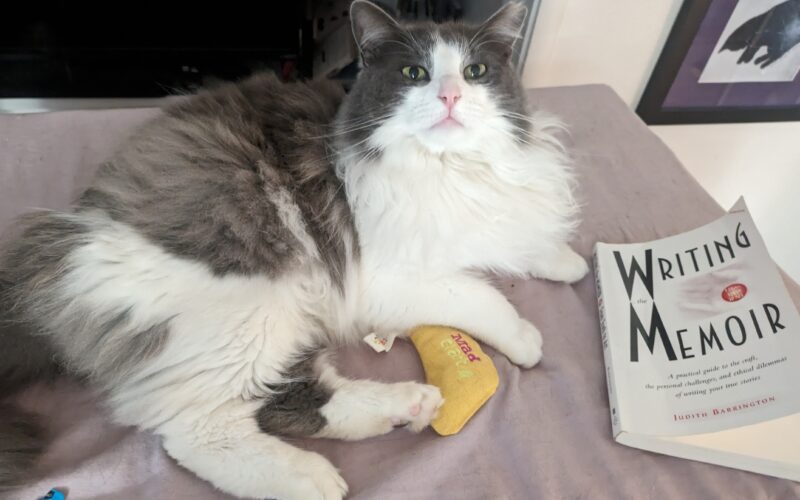
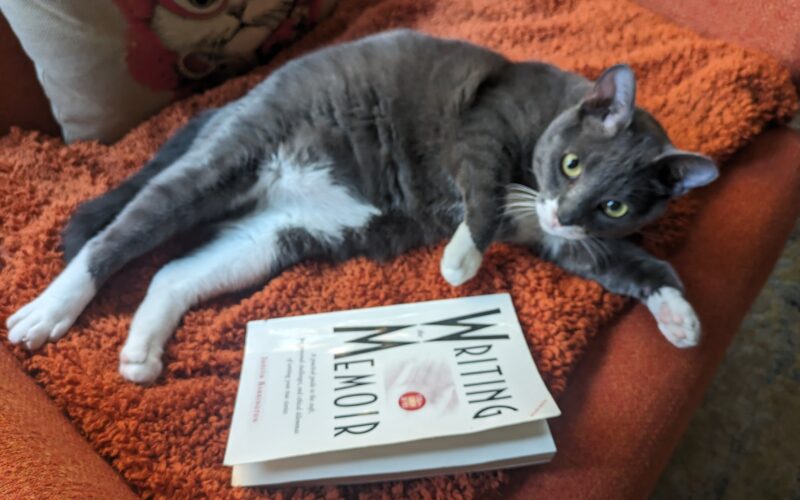
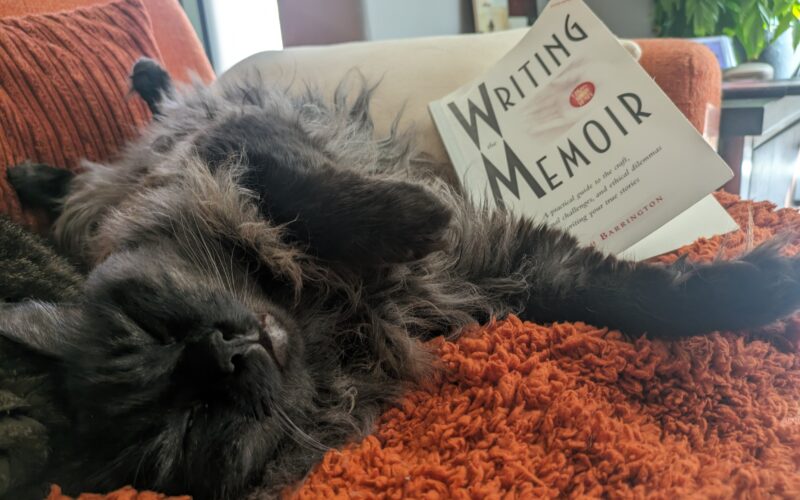
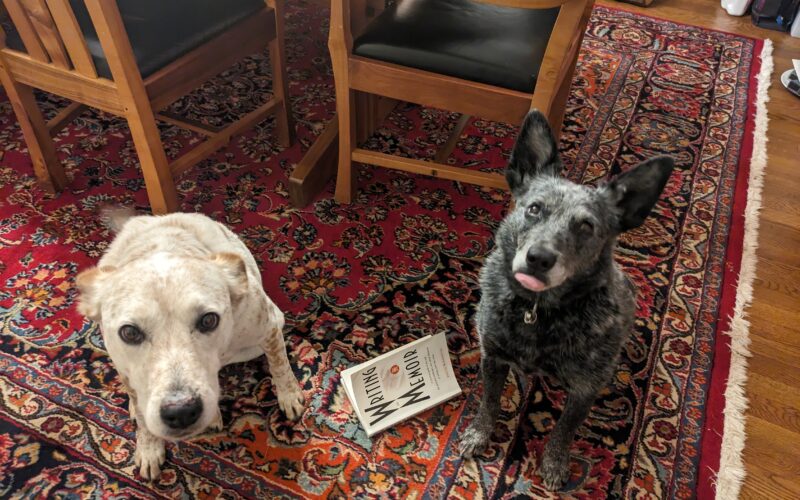
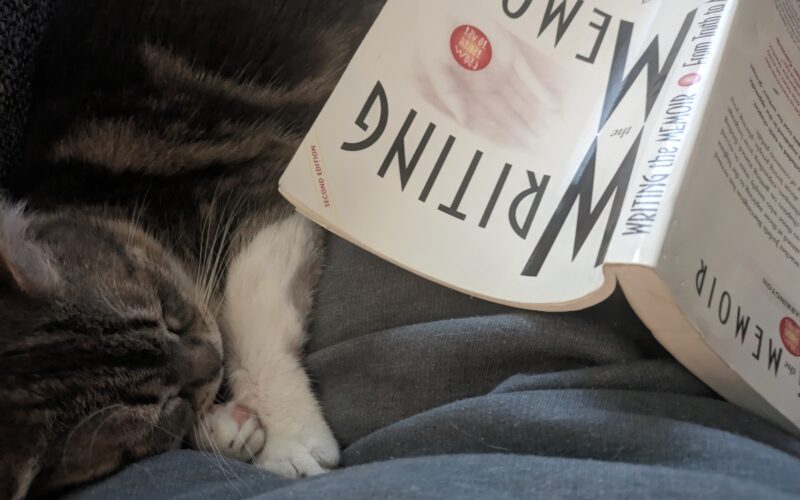
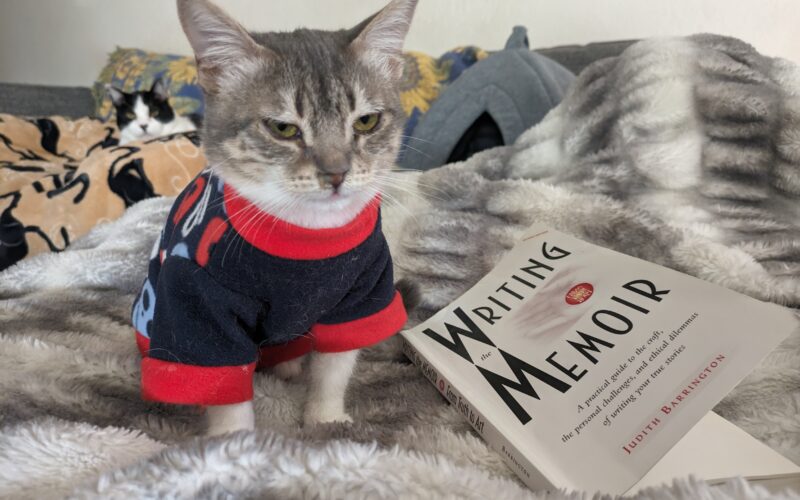
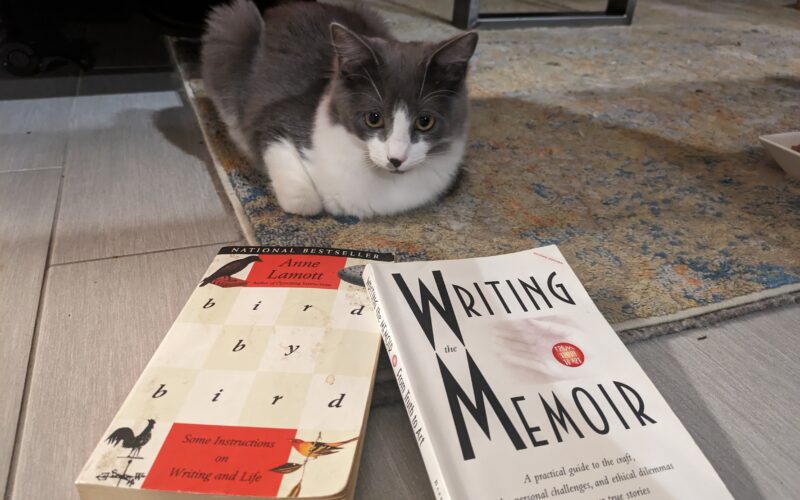
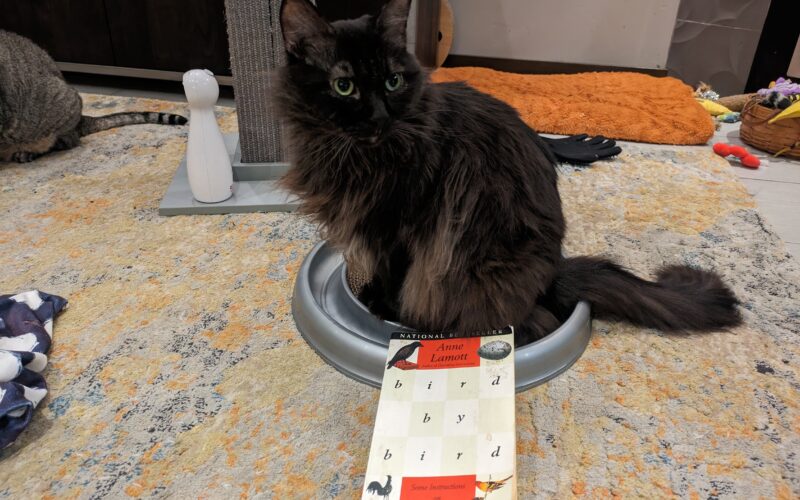
Crossing the Threshold
Christopher Vogler’s The Writer’s JourneyStage Four: Meeting with the Mentor&Stage Five: Crossing the Threshold Subscribe to our Newsletter So much has happened you haven’t even made it to the...